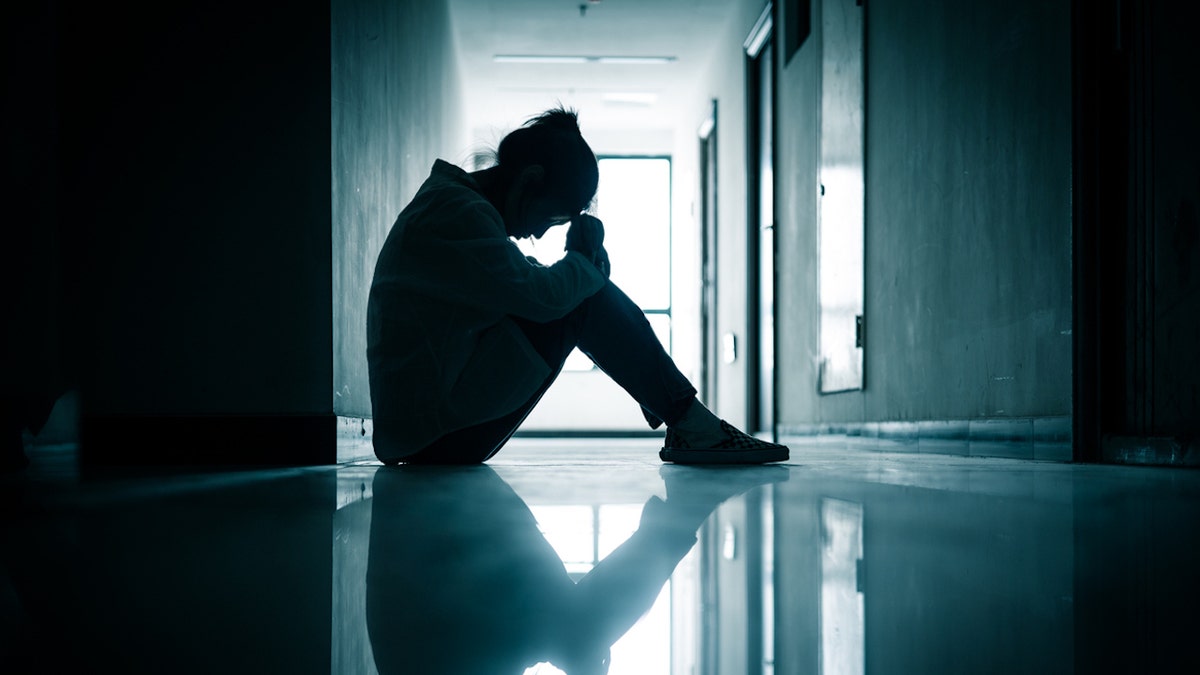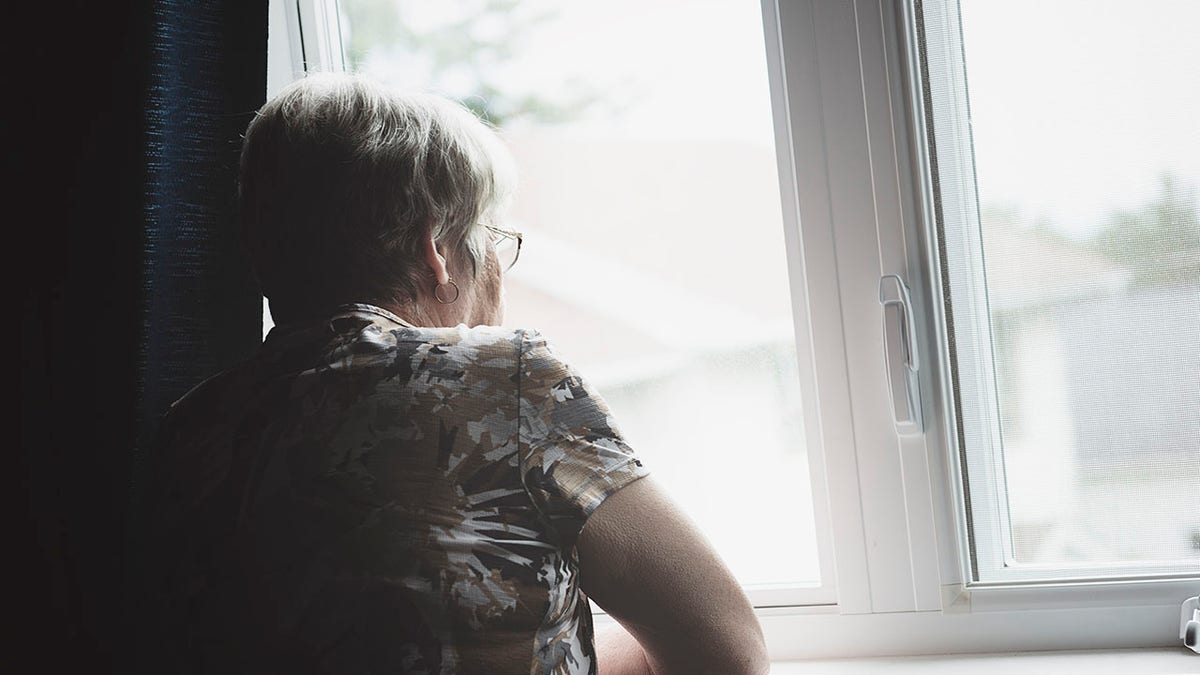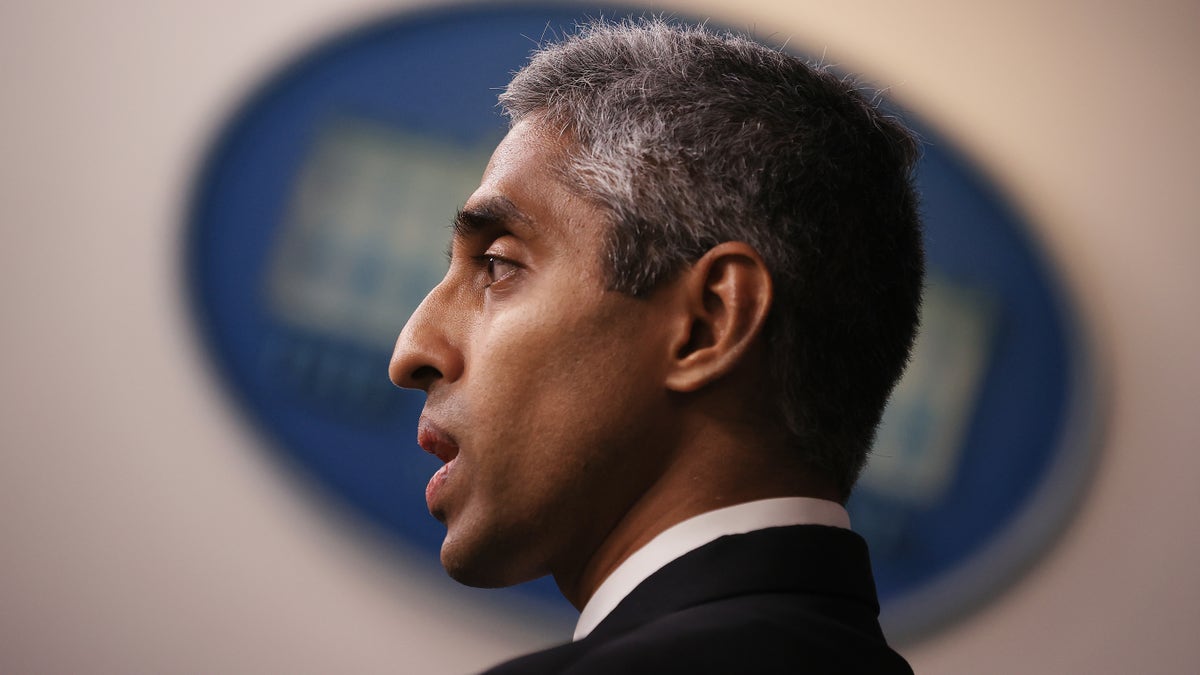Dating an AI? Artificial Intelligence dating app founder predicts the future of AI relationships: ‘Love’ and ‘loneliness’
Eugenia Kuyda defended AI companion bots during the interview with Fox News Digital and argued that dating app Replika is just one of many possible solutions to loneliness.
Credit it to the rise of technology, political polarization or even the pandemic, but loneliness is on the rise. It's an epidemic with consequences so severe that Surgeon General Dr. Vivek Murthy warns they could be deadly.
"We now know that loneliness is a common feeling that many people experience. It's like hunger or thirst. It's a feeling the body sends us when something we need for survival is missing," Murthy said, per The Associated Press.
"Millions of people in America are struggling in the shadows, and that's not right," he continued. "That's why I issued this advisory to pull back the curtain on a struggle that too many people are experiencing."
AMERICAN HEART MONTH: HERE'S HOW LONELINESS, ISOLATION CAN INCREASE YOUR RISK OF HEART DISEASE

Surgeon General Dr. Vivek Murthy warns that approximately half of U.S. adults experience loneliness, adding that the phenomenon is a byproduct of missing an aspect essential for survival. (iStock)
According to Murthy's 81-page advisory on the topic released Tuesday, approximately half of all U.S. adults experience loneliness.
"Loneliness is far more than just a bad feeling—it harms both individual and societal health. It is associated with a greater risk of cardiovascular disease, dementia, stroke, depression, anxiety, and premature death. The mortality impact of being socially disconnected is similar to that caused by smoking up to 15 cigarettes a day," the report reads.
Murthy's report adds that the repercussions of loneliness also exceed those associated with obesity and lack of exercise.
LONELINESS AND UNHAPPINES CAN AGE US FASTER THAN SMOKING: NEW STUDY

lonely 60 years old senior in is apartment (iStock)
The report called for addressing the epidemic similarly to obesity, tobacco usage and the addiction crisis – all issues surgeon generals have historically addressed – tacking on a warning that, if left unaddressed, social isolation may worsen the societal rift that currently exists.
"If we fail to do so [address the loneliness epidemic], we will pay an ever-increasing price in the form of our individual and collective health and well-being. And we will continue to splinter and divide until we can no longer stand as a community or a country. Instead of coming together to take on the great challenges before us, we will further retreat to our corners—angry, sick, and alone," Murthy's report continued.
Statistics indicated that declines in community involvement, including church activities, clubs or other social groups could partially be to blame for the devastating decline.
LAURA INGRAHAM: SOCIAL MEDIA AND POLITICAL POLARIZATION CAUSED AMERICAN LONELINESS

U.S. Surgeon General Vivek Murthy talks to reporters during the daily news conference in the Brady Press Briefing Room at the White House on July 15, 2021 in Washington, DC. (Photo by Chip Somodevilla/Getty Images)
Specifically, in the religious community, the number of research participants across various outlets who regularly attended a house of worship dipped below 50% for the first time in 2020, seeing an over 20% drop from 70% in 1999.
While the change in community plays an important role, technology does as well.
The report lists the ever-changing tech landscape, including social media, remote work, artificial intelligence and virtual reality simulations as other culprits behind the distance between individuals.
CLICK HERE TO GET THE FOX NEWS APP
Combined with the forced isolation of the COVID-19 pandemic, these social circumstances have spelled disaster for those seeking connection with others.
To help combat the crisis, Murthy's report calls for increasing awareness of the need for social connection, engaging with the local community, engaging with people who belong to different background and have different experiences, reaching out when help is needed and minimizing distractions during conversations, among others.
The Associated Press contributed to this report.











































